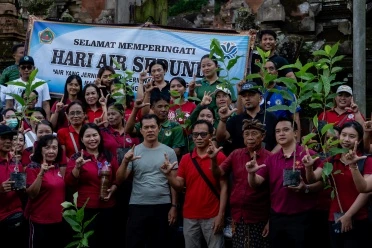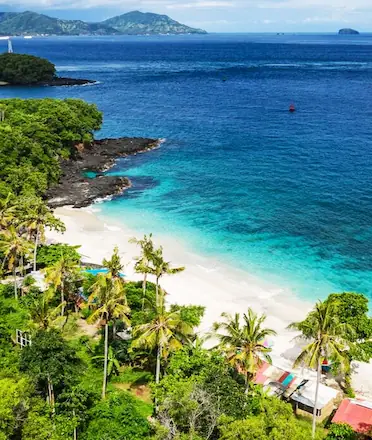Pemuteran Village in North Bali has just been named one of the world’s Best Tourism Villages by the United Nations World Tourism Organization (UNWTO). The accolade places this humble fishing community among only 52 destinations worldwide recognized for exceptional commitment to sustainable, community-driven tourism. For Bali, already a global tourism powerhouse, this recognition reinforces the island’s growing focus on developing tourism that benefits people and the planet in equal measure.
As Pemuteran steps onto the world stage, it embodies a message that extends far beyond its coral reefs.
A Global Recognition for a Coastal Gem
Each year, hundreds of destinations from across the globe compete for the UNWTO’s Best Tourism Village Award. The rigorous process assesses everything from environmental sustainability and cultural preservation to innovation and local participation. From around 300 applicants representing 75 countries, only a handful emerge as official honorees. Pemuteran’s success stands as both a triumph and a challenge for Bali’s evolving tourism narrative.
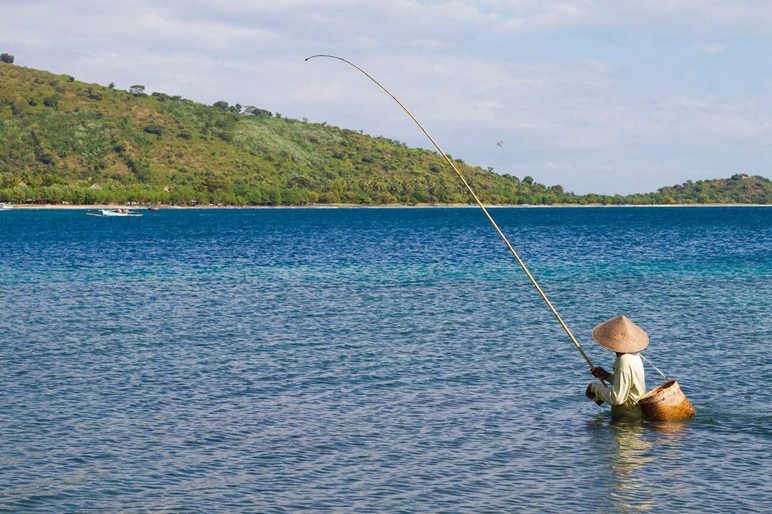
A Model of Marine Conservation
Pemuteran’s rise to global recognition has been built on a foundation of marine conservation and community collaboration. Once a quiet fishing hamlet, it transformed itself into one of Bali’s most respected examples of sustainable coastal tourism. The village is now celebrated for its thriving coral restoration projects, which have revitalized marine ecosystems and positioned the area as one of Bali’s premier diving and snorkeling destinations.
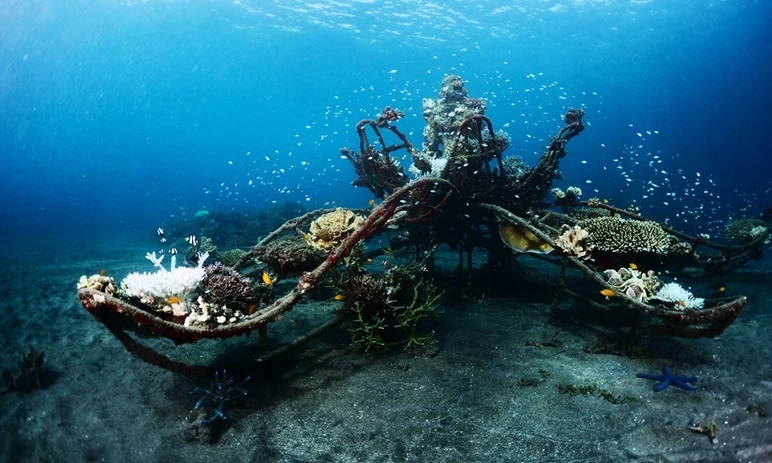
The coral rehabilitation efforts that began more than a decade ago have proven to be more than environmental initiatives. They have become the backbone of Pemuteran’s tourism model. Divers and travelers who visit are not only treated to spectacular underwater landscapes but also become witnesses to a living example of how local stewardship can drive ecological and economic resilience.
Beyond the Award: What Comes Next for North Bali
Pemuteran’s victory signals more than a moment of recognition; it represents a shift in how Bali is defining its future. The northern coast has long remained under the radar, overshadowed by the rapid development of the island’s southern regions. Yet with this award, the focus may begin to shift. North Bali’s tranquil pace, combined with its authentic cultural experiences and natural charm, is poised for greater attention.
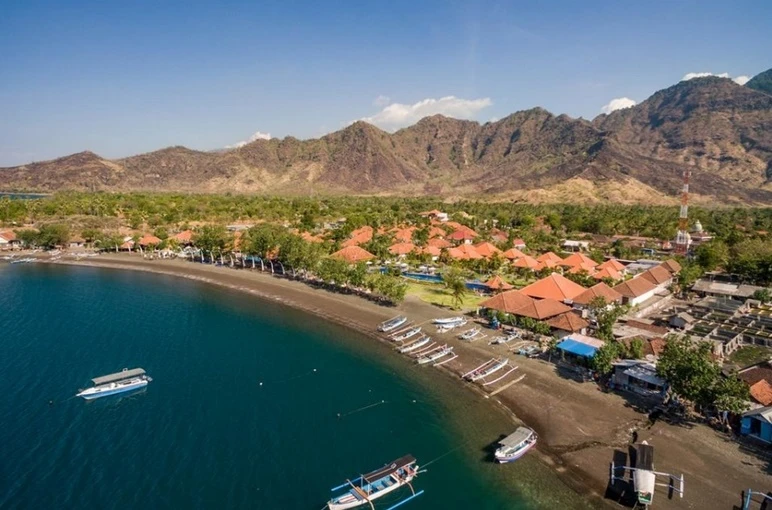
However, this recognition brings with it a new set of responsibilities. As tourism interest inevitably grows, maintaining the delicate balance between preservation and progress will be crucial. Villages like Pemuteran now face the test of ensuring that rising visitor numbers do not erode the very values that earned them global acclaim. Sustainable growth will depend on strategic planning, strict environmental oversight, and continued community engagement.
The success of Pemuteran adds momentum to Bali’s broader strategy of promoting village-based and eco-friendly tourism. It shows that even a small fishing hamlet can redefine the standards of global tourism when vision, community, and conservation unite. The award may be a crowning achievement, but the true measure of success will lie in how the village navigates the balance between protecting its roots and embracing its new global spotlight. For the island, this marks a chance to diversify beyond its traditional tourism hubs and to invest in a future where economic opportunity coexists with cultural and environmental integrity.



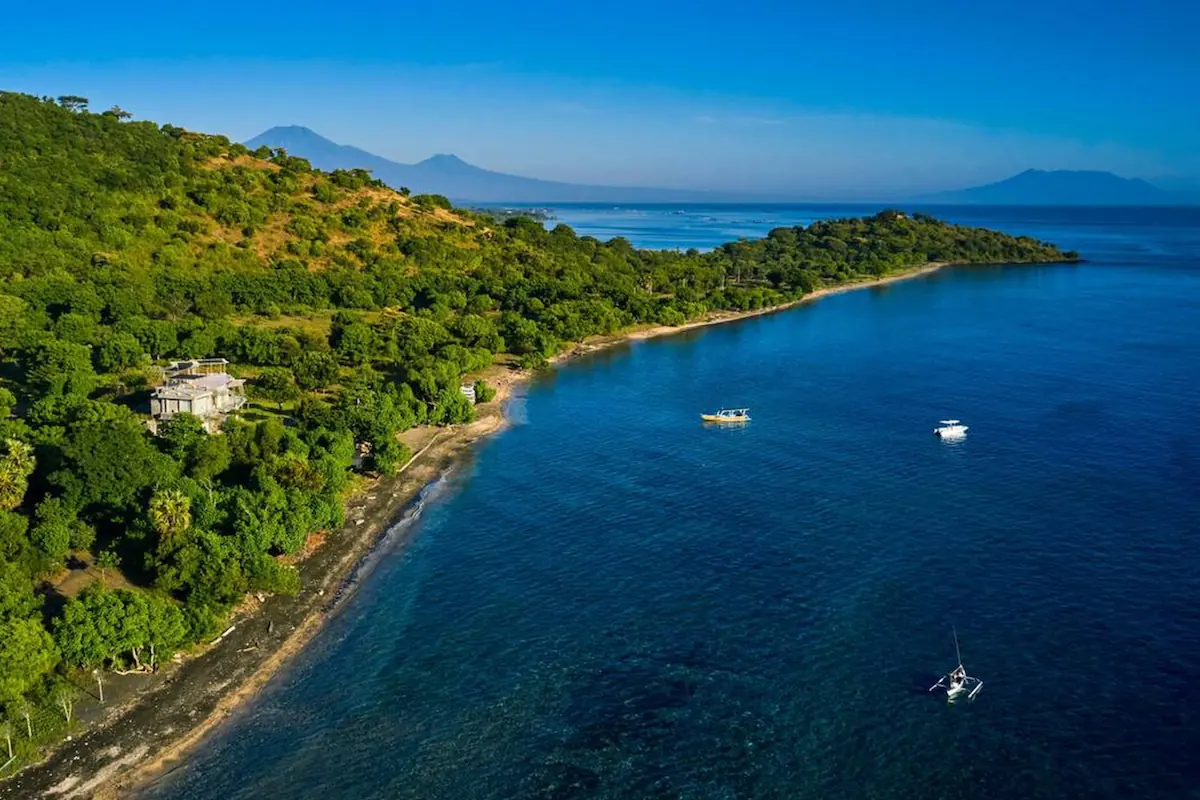
 Billy Bagus
Billy Bagus
 Oct 30, 2025
Oct 30, 2025


